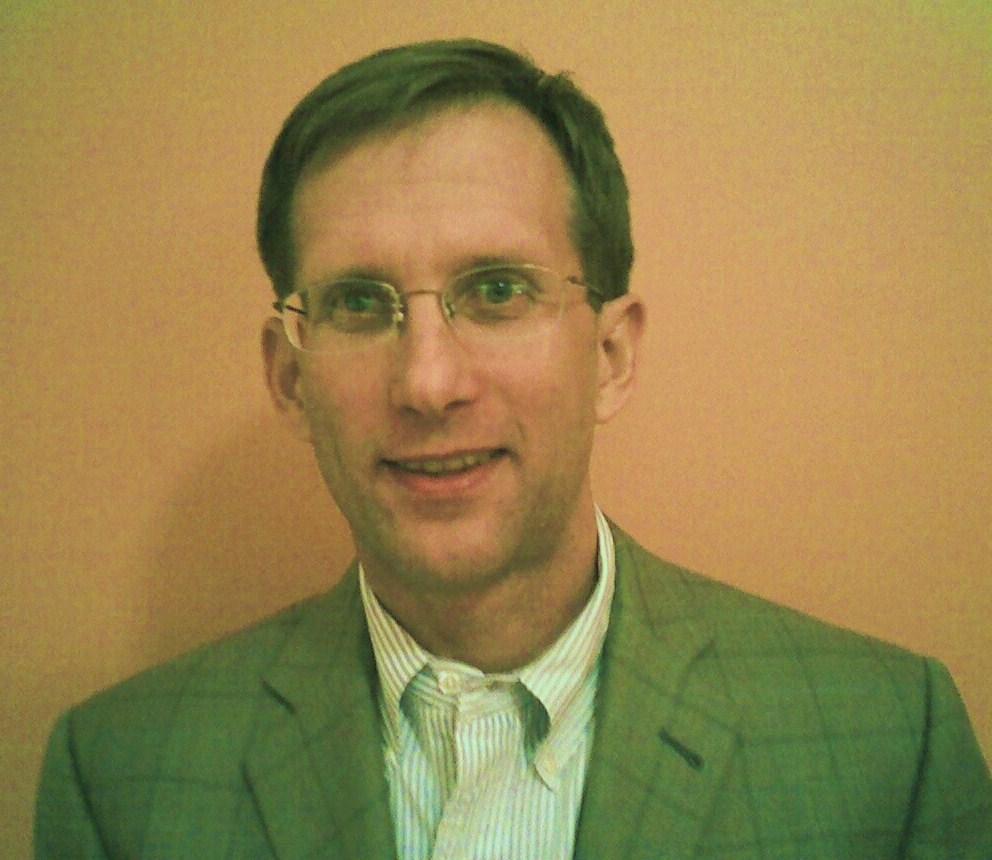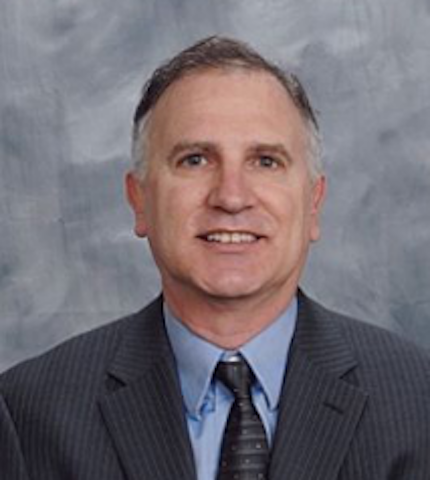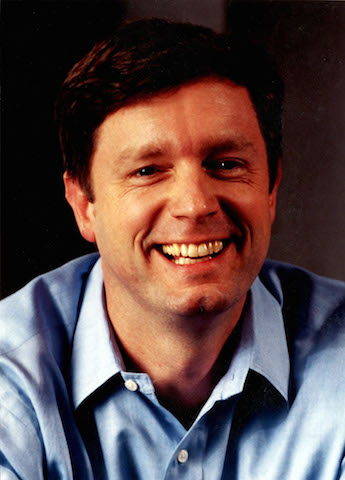Latest News
My Phone Says I've Looked Better
 Current AI can sift through millions of photos to pick you out of a crowd, with varying degrees of success. Camera angles, make-up, hats, quality of image all factor into how successful such software is. Given the recent rapid rates of improvement, though, these are bumps in the road, not insurmountable barriers. Other software can process your facial expressions, allowing them to make some good guesses about your emotions. If you are a marketer, or a law enforcement officer, this information might be gold, but if your privacy is important, it might be a scary invasion. Someone is always watching. What I want to know is when this AI can tell if I look sick.
Current AI can sift through millions of photos to pick you out of a crowd, with varying degrees of success. Camera angles, make-up, hats, quality of image all factor into how successful such software is. Given the recent rapid rates of improvement, though, these are bumps in the road, not insurmountable barriers. Other software can process your facial expressions, allowing them to make some good guesses about your emotions. If you are a marketer, or a law enforcement officer, this information might be gold, but if your privacy is important, it might be a scary invasion. Someone is always watching. What I want to know is when this AI can tell if I look sick.
- Login to post comments
Department of Education Seeks Comments on Open Licensing Requirements
 One of the more effective ways to advance an agenda is to attach requirements to grant funding. The U.S. Department of Education has an interest in broadening the impact of its grants, so it announced a notice of proposed rule making (NPRM) on October 29. The proposed rule would require intellectual property created with Department of Education grant funding to be openly licensed to the public. This includes both software and instructional materials...
One of the more effective ways to advance an agenda is to attach requirements to grant funding. The U.S. Department of Education has an interest in broadening the impact of its grants, so it announced a notice of proposed rule making (NPRM) on October 29. The proposed rule would require intellectual property created with Department of Education grant funding to be openly licensed to the public. This includes both software and instructional materials...
- Login to post comments
Alfred Hitchcock and the Future of Health IT
 Health IT is like the early Beatles. There are some really great applications out there, and in theory they should help to improve the lives of those that use them. In practice, there are a number of fundamental flaws that stem from not fully understanding the power of the technology that is used to present solutions to doctors and patients. We need to be more like Alfred Hitchcock! We are currently at the “elbow” of an exponential growth curve of mobile, connected applications. For a mobile application to be successfully in this new world, it needs to fully embrace the connected mobile technology and the power that a ubiquitous high speed network, that connects to a light weight, vibrating, touch screen, GPS, an accelerometer, camera, speakerphone, microphone, Bluetooth enabled device, along with serious amounts of computing power and data (and cloud) storage.
Health IT is like the early Beatles. There are some really great applications out there, and in theory they should help to improve the lives of those that use them. In practice, there are a number of fundamental flaws that stem from not fully understanding the power of the technology that is used to present solutions to doctors and patients. We need to be more like Alfred Hitchcock! We are currently at the “elbow” of an exponential growth curve of mobile, connected applications. For a mobile application to be successfully in this new world, it needs to fully embrace the connected mobile technology and the power that a ubiquitous high speed network, that connects to a light weight, vibrating, touch screen, GPS, an accelerometer, camera, speakerphone, microphone, Bluetooth enabled device, along with serious amounts of computing power and data (and cloud) storage.
- Login to post comments
Halamka on the November HIT Standards Committee
 The November HIT Standards Committee included a comprehensive review of the CMS Meaningful Use Stage 3/Modification Rule and the ONC 2015 Certification Rule.
The November HIT Standards Committee included a comprehensive review of the CMS Meaningful Use Stage 3/Modification Rule and the ONC 2015 Certification Rule.
We begin the meeting with a presentation from Robert Anthony of the Meaningful Use Stage 3 and Modification Rule. A robust discussion followed. Issued raised as those similar to the ones I identified in previous blog posts. The main concern was the alignment of the CMS Meaningful Use rule with future pay for performance criteria that will be part of MACRA/Merit-based Payment Incentive programs.
- Login to post comments
A Breakdown Of FOSS For Students And Researchers In Academia
 This article provides an overview of free and open source software (FOSS) that may be of use to students and researchers in academia, based on my own experience in psychology studies. I use Ubuntu Linux, which is a FOSS operating system, but the software discussed in this article is multi-platform; in other words, it will also run on Apple Mac OSX or Microsoft Windows. There is so much FOSS available that this article only scratches the surface, but hopefully it will give some initial pointers to readers with an academic background but no previous experience of FOSS...
This article provides an overview of free and open source software (FOSS) that may be of use to students and researchers in academia, based on my own experience in psychology studies. I use Ubuntu Linux, which is a FOSS operating system, but the software discussed in this article is multi-platform; in other words, it will also run on Apple Mac OSX or Microsoft Windows. There is so much FOSS available that this article only scratches the surface, but hopefully it will give some initial pointers to readers with an academic background but no previous experience of FOSS...
- Login to post comments
Open Data Institute Forges Stronger Connections Between Data Innovators and UK Government
 Speaking at the Open Data Institute's (ODI) third annual Summit, British Minister Matt Hancock said the ODI will help bring the voice and views of businesses and innovators working across the data spectrum to the Government's Cabinet Office, and spread awareness of data innovation across government. He said: "As a data-driven government, we want to engage with the UK’s data economy. So from today, I’ve asked the ODI to help us connect with the businesses, start-ups and innovators progressing this field. Those who are at the leading edge, not just in open data but across the whole data spectrum."
Speaking at the Open Data Institute's (ODI) third annual Summit, British Minister Matt Hancock said the ODI will help bring the voice and views of businesses and innovators working across the data spectrum to the Government's Cabinet Office, and spread awareness of data innovation across government. He said: "As a data-driven government, we want to engage with the UK’s data economy. So from today, I’ve asked the ODI to help us connect with the businesses, start-ups and innovators progressing this field. Those who are at the leading edge, not just in open data but across the whole data spectrum."
- Login to post comments
Open Data Institute: Over £40m Value Unlocked Worldwide
 The Open Data Institute (ODI) has announced that the total value it has helped unlock to the open data ecosystem has exceeded £40m in the three years since it opened. This includes direct income, grants and competition funding, incubated ODI Startup income and the ODI Node franchise network. Also today, the company confirmed that five new startup businesses, and four new franchise nodes will join and that its membership programme has topped 350 participants, including the Co-op and Ocado.
The Open Data Institute (ODI) has announced that the total value it has helped unlock to the open data ecosystem has exceeded £40m in the three years since it opened. This includes direct income, grants and competition funding, incubated ODI Startup income and the ODI Node franchise network. Also today, the company confirmed that five new startup businesses, and four new franchise nodes will join and that its membership programme has topped 350 participants, including the Co-op and Ocado.
- Login to post comments
Robots in Healthcare - Will they do the Heavy Lifting?
 There are already robots in health care. Robotic surgery, delivery robots, robotic prescription dispensing systems, even therapeutic robots used in lieu of pet therapy But we've just scratched the surface, because we still think of care as being something that is delivered by a person. People like to talk about the importance of the human touch, but when it comes to something like getting out of bed when I want to, I think I'd rather have immediate service from a robot than an indeterminate wait for help from an aide. And there are some more unpleasant tasks -- like assistance with going to the bathroom -- where I'd prefer not to have to ask another person to help me at all. Sometimes impersonal is better (just be gentle, please).
There are already robots in health care. Robotic surgery, delivery robots, robotic prescription dispensing systems, even therapeutic robots used in lieu of pet therapy But we've just scratched the surface, because we still think of care as being something that is delivered by a person. People like to talk about the importance of the human touch, but when it comes to something like getting out of bed when I want to, I think I'd rather have immediate service from a robot than an indeterminate wait for help from an aide. And there are some more unpleasant tasks -- like assistance with going to the bathroom -- where I'd prefer not to have to ask another person to help me at all. Sometimes impersonal is better (just be gentle, please).
- Login to post comments
How to Keep a Technical Conference Relevant for Decades
 LISA is an annual technical conference for IT operations professionals, organized by The USENIX Association. The first LISA was held back in 1986, and the event still has a reputation for delivering top-notch technical content and an exceptional hallway track. This year, Amy Rich (Mozilla Corporation) and Cory Lueninghoener (Los Alamos National Laboratory) co-chaired the conference. In this interview, Amy offers a preview of what's in store at LISA15 and tips for conference-planning teams...
LISA is an annual technical conference for IT operations professionals, organized by The USENIX Association. The first LISA was held back in 1986, and the event still has a reputation for delivering top-notch technical content and an exceptional hallway track. This year, Amy Rich (Mozilla Corporation) and Cory Lueninghoener (Los Alamos National Laboratory) co-chaired the conference. In this interview, Amy offers a preview of what's in store at LISA15 and tips for conference-planning teams...
- Login to post comments
RWJF Report: Time to Transition to a Post-HITECH World?
 Context and perspective matter. And it’s often both context and perspective that are lacking from the daily snapshots we get of health information technology, meaningful use, interoperability and the progress we are either making or not making, depending on your perspective. So I welcome a report like the one the Robert Wood Johnson Foundation (RWJF) released last month on the state of health information technology circa 2015 in these United States. Subtitled “Transition to a Post-HITECH World,” the detailed report, created in collaboration with the University of Michigan School of Communication, the Harvard School of Public Health and Mathematica Policy Research, takes a 10,000-feet view of the ongoing digitalization of healthcare and what the priorities are as we approach the terminus of HITECH.
Context and perspective matter. And it’s often both context and perspective that are lacking from the daily snapshots we get of health information technology, meaningful use, interoperability and the progress we are either making or not making, depending on your perspective. So I welcome a report like the one the Robert Wood Johnson Foundation (RWJF) released last month on the state of health information technology circa 2015 in these United States. Subtitled “Transition to a Post-HITECH World,” the detailed report, created in collaboration with the University of Michigan School of Communication, the Harvard School of Public Health and Mathematica Policy Research, takes a 10,000-feet view of the ongoing digitalization of healthcare and what the priorities are as we approach the terminus of HITECH.
- Login to post comments